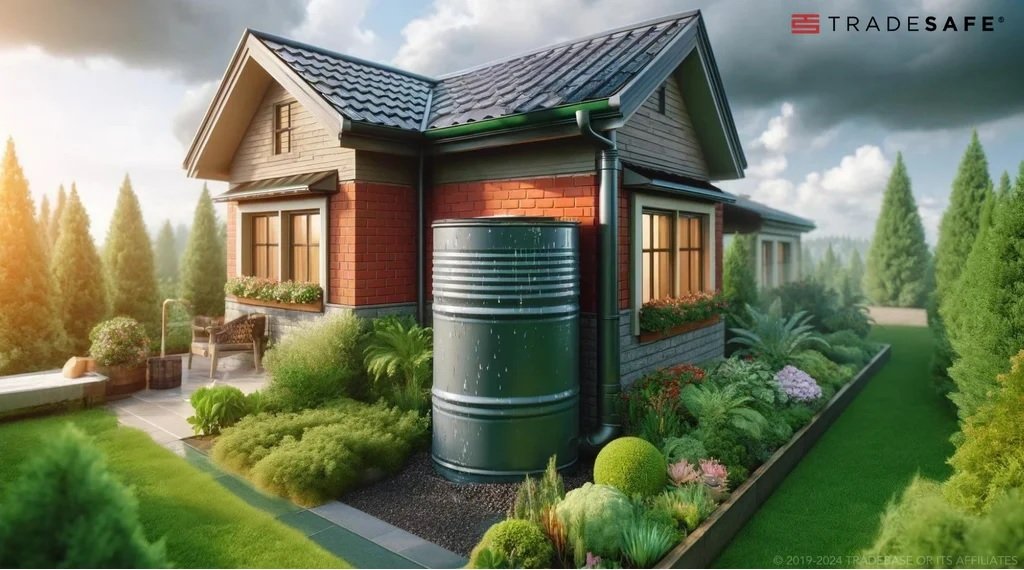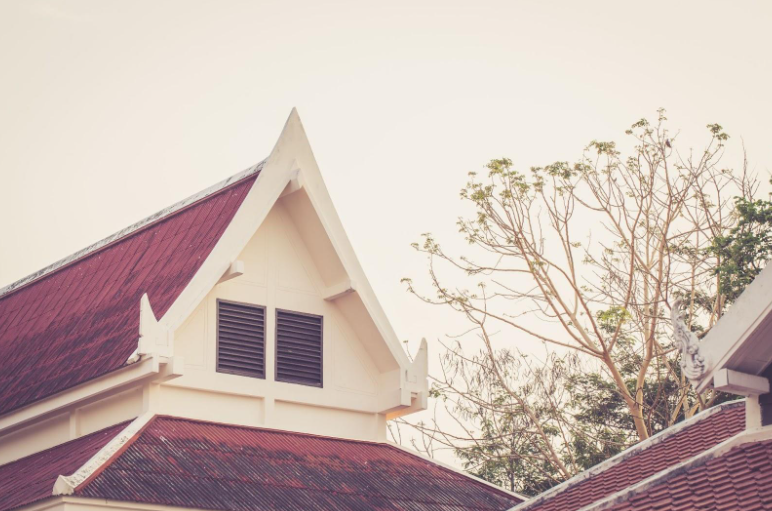
Idaho experiences all the seasons. Warm summers, freezing winters, and chilly autumns. Throughout the year, you can experience frequent rainfalls. Did you know that instead of letting all of the rain drop off the roof, it can be stored for other future purposes? This can be a game changer for those who experience heavy rainfall in their environment. Keep reading to learn exactly what a rainwater harvesting system is and how it can benefit your home.
What is a Rainwater Harvesting System?
Rainwater harvesting consists of collecting the rainwater that falls on your roof instead of letting it run completely off. As it’s being collected, it is stored and redirected to different channels such as a tank, reservoir, or aquifer. This allows you to take water that usually goes to waste and use it for many different things in the future.
To make this happen, gutters are attached to the side of the house that catches the water. These then downspout the water into a tank above ground or a cistern underground for storage. These can be completely customizable by how much water you need to store.
Typical Uses
Once the water is stored, it can be used for a plethora of things. Its main plumbing purposes consist of:
- Flushing: The water can be used to flush toilets or urinals
- Washing: Washing dishes, doing laundry, or cleaning the house can use more water than you think. Reuse this water for all of those washing-related tasks.
- Outdoor Use: This can be used for watering gardens, filling ponds, refueling groundwater, and street cleaning.
Note: These are non-potable uses, meaning the water is not safe to drink but can be used for these purposes. The water must be purified to become potable before using it for drinking or showering.
Additional Benefits of Rainwater Harvesting
Some benefits that can come from using a rainwater harvesting system include:
- Reduced chance of flooding
- Water conservation
- Lowered costs of water bills
- Improved quality of water
- Drought backup
Legal Considerations
Though rainwater harvesting is legal in Idaho, there may be some local regulations that you need to look out for and adhere to.
If your water access is through a public water system, there may be additional things you have to get approved before you can have a rainwater harvesting system. A lot of the time, it can only be used for non-potable uses when connected to the public. You can contact your local Idaho Falls plumbers to figure out what you can do and if adding this system would be beneficial for you.
Conclusion
Take advantage of the recurring Idaho rainfalls to reuse the water for your needs and the environment. Installing this system into your home can ensure that your plumbing is cost-effective and eco-friendly. As long as you are adhering to all of the legal requirements, a rainwater harvesting system is a great choice. Let’s transform your Idaho plumbing system and create a better water supply for everyone.







